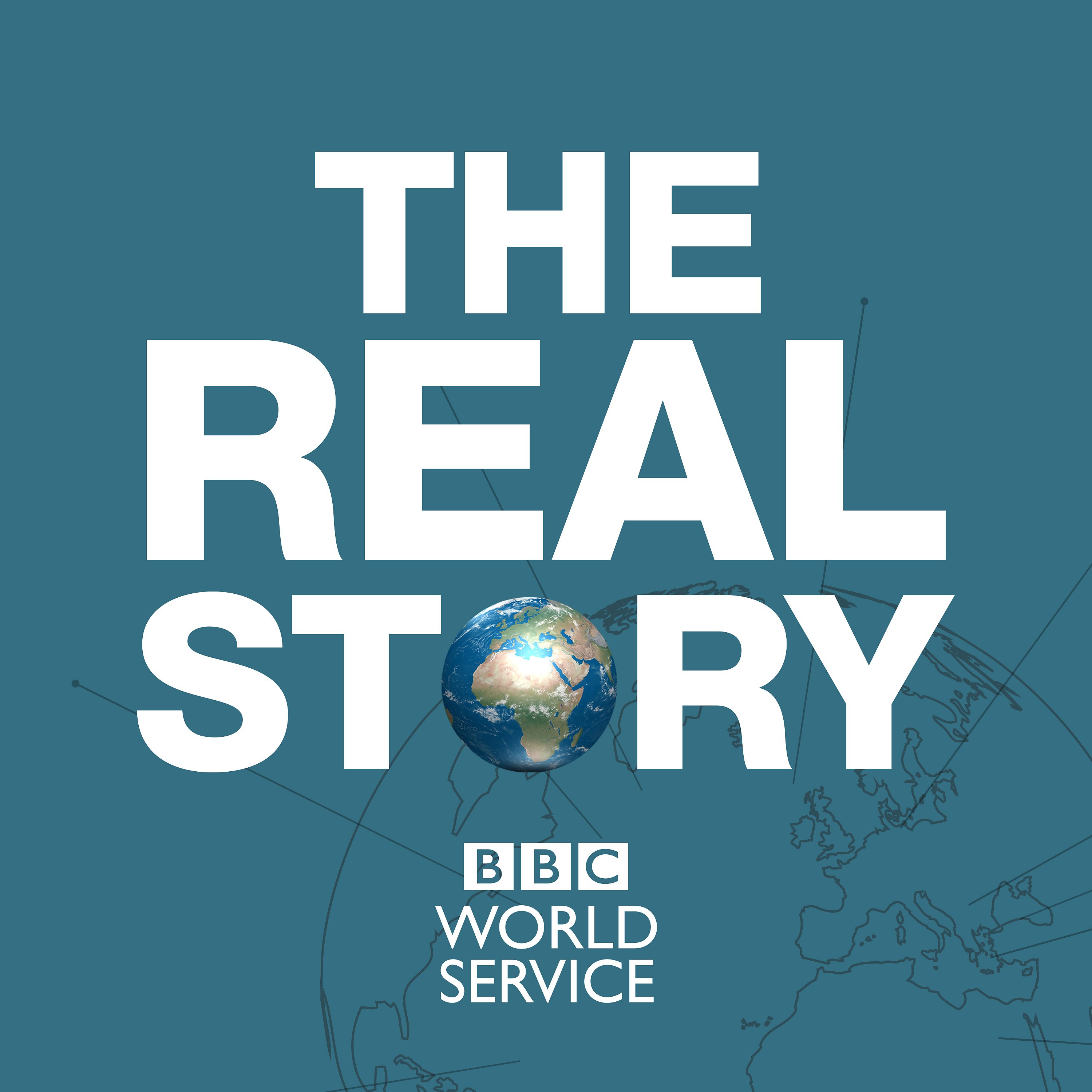- Government
- SEE MORE
- classical
- general
- talk
- News
- Family
- Bürgerfunk
- pop
- Islam
- soul
- jazz
- Comedy
- humor
- wissenschaft
- opera
- baroque
- gesellschaft
- theater
- Local
- alternative
- electro
- rock
- rap
- lifestyle
- Music
- como
- RNE
- ballads
- greek
- Buddhism
- deportes
- christian
- Technology
- piano
- djs
- Dance
- dutch
- flamenco
- social
- hope
- christian rock
- academia
- afrique
- Business
- musique
- ελληνική-μουσική
- religion
- World radio
- Zarzuela
- travel
- World
- NFL
- media
- Art
- public
- Sports
- Gospel
- st.
- baptist
- Leisure
- Kids & Family
- musical
- club
- Culture
- Health & Fitness
- True Crime
- Fiction
- children
- Society & Culture
- TV & Film
- gold
- kunst
- música
- gay
- Natural
- a
- francais
- bach
- economics
- kultur
- evangelical
- tech
- Opinion
- gaming
- College
- technik
- History
- Jesus
- Health
- movies
- radio
- services
- Church
- podcast
- Education
- international
- Transportation
- Other
- kids
- podcasts
- philadelphia
- Noticias
- love
- sport
- Salud
- film
- and
- 4chan
- Disco
- Stories
- fashion
- Arts
- interviews
- hardstyle
- entertainment
- humour
- medieval
- literature
- alma
- Cultura
- video
- TV
- Science
- en
Who runs Iraq?

b"
Iraq has been gripped by mass public protests for weeks. Thousands of people have been taking to the streets in cities like Baghdad, Basra and Karbala to demand an end to corruption and unemployment, and an improvement in public services. The government has responded with force. More than three hundred people have died during the protests. Iraq is the second biggest oil exporter in the Middle East and yet according to the World Bank, over twenty percent of its citizen lives in poverty; and according to a corruption watchdog, more than three hundred billion dollars have gone missing from the government coffers in the last fifteen years because of graft. Following the 2003 US led invasion that overthrew the regime of Saddam Hussein a series of Shia led governments have struggled to maintain order, and sectarian conflict has torn through the society. Analysts say the nature of post-war politics have paved the way for armed militia groups and religious leaders to exert undue influence in the way the country is run. So how exactly is Iraq governed? What is the balance of power among its ethnic and religious groups? Does the system prevent meritocracy and encourage sectarian patronage? And how disruptive is Iran's presence in Iraq? Pascale Harter and guest discuss who is in charge in Iraq.
"